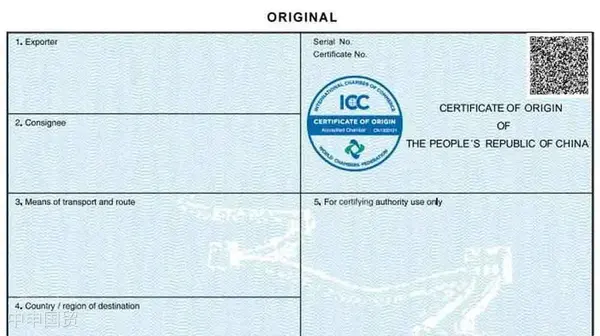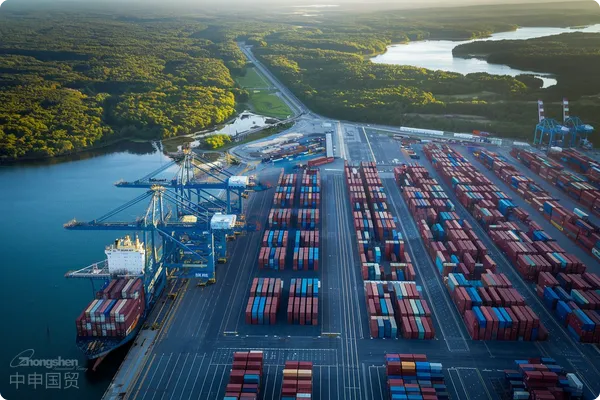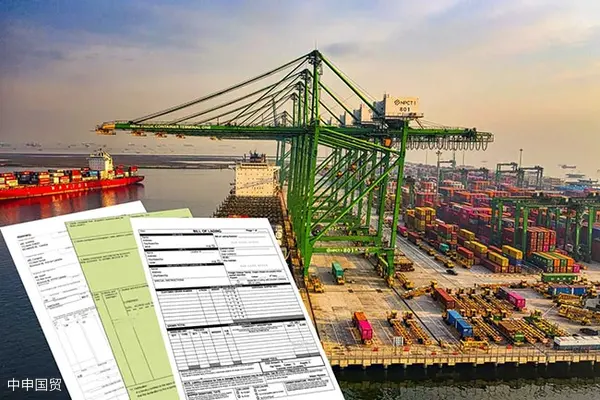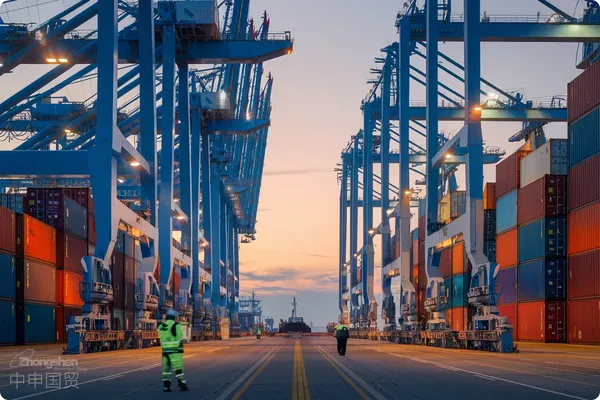- Shanghai Zhongshen International Trade Co., Ltd. - Two decades of trade agency expertise.
- Service Hotline: 139 1787 2118

What is a Certificate of Origin?
If youve engaged inforeign trade, you must have heard the term Certificate of Origin. But what exactly is it? Simply put,a Certificate of Origin is a document proving the origin of goods. It acts like an ID card, telling the destination countrys customs: This product comes from here.
But dont underestimate this ID card - its role is significant! Especially regarding tariffs, the Certificate of Origin can be called a money-saving magic tool for foreign traders.
Core Function of Certificate of Origin: Tariff Preferences
The primary function of a Certificate of Origin is tohelp enterprises enjoy tariff preferenceswhen importing into the destination country. Specifically, it has two money-saving modes:
1. Most-Favored-Nation (MFN) Tariff Treatment
MFN tariff is preferential duty granted among WTO members. If your goods have a Certificate of Origin, the destination customs will levy taxes according to MFN rates instead of regular rates. For example, without a Certificate of Origin, a products tariff might be 20%, but with it, the tariff could drop to 10%.
2. Exclusive Trade Agreement Tariff Treatment
This is the advanced version function. China has signed bilateral/multilateral trade agreements with many countries, such as China-Korea FTA or China-ASEAN Free Trade Area. These agreements usually provide lower tariffs than MFN rates, sometimes even zero tariffs! To enjoy these benefits, you must providespecial types of Certificates of Origin, such as:
- 中韓FTA產(chǎn)地證: Used for exports to South Korea to enjoy China-Korea FTA preferential rates.
- 東盟Form E: Used for exports to ASEAN countries to enjoy China-ASEAN Free Trade Area preferential rates.
- 智利Form F: Used for exports to Chile to enjoy China-Chile FTA preferential rates.
These special Certificates of Origin are like VIP passes, granting you preferential treatment at destination customs.
Why Do Destination Country Customs Value Certificates of Origin So Much?
You might ask: Why do destination customs insist on seeing Certificates of Origin? Why not just apply the lowest tariff rate? Actually, there are several reasons behind this:
- Preventing origin laundering
Some companies, in order to enjoy lower tariffs, will ship goods to a third country for a round trip to pretend they were produced there. The certificate of origin is designed to prevent such origin laundering practices. - Protecting domestic industries
Through certificates of origin, importing countries can distinguish which goods genuinely come from preferential countries, thereby protecting domestic industries from the impact of low-priced imports. - Ensuring fair trade
Certificates of origin are part of international trade rules, ensuring all companies can compete under fair conditions.
How to Apply for a Certificate of Origin?
Applying for a certificate of origin isnt complicated, but requires some preparation. Heres the basic process:
- Confirm goods country of origin
Determine if the goods meet origin rules based on production location, raw material sources, etc. - Select the correct certificate of origin type
Choose the corresponding certificate type (e.g., Form E, Form F) based on the destination country and trade agreement. - Submit application materials
Typically requires providing:- Commercial Invoice
- Packing list
- Manufacturers declaration
- Other relevant documents (e.g., bill of lading, contract)
- Receive the certificate of origin
After approval, collect the certificate from the local CCPIT or customs office.
Tips: Common Questions About Certificates of Origin
- Can certificates of origin be reissued?
Yes, but reissuance may affect customs clearance time - early application is recommended. - Whats the validity period for certificates of origin?
Generally no strict expiration, but recommended to apply 1-2 weeks before goods export. - What if theres an error in the certificate?
If errors are found, you can apply for amendments or reissuance, though additional fees may apply.
Conclusion: Certificate of Origin - A Money-Saving Tool for Foreign Traders
Though just a piece of paper, certificates of origin play a crucial role in foreign trade. They not only save substantial tariffs but also ensure smooth customs clearance, avoiding unnecessary troubles.
So next time you export goods, dont forget this tariff preference passport! After all, in the foreign trade marathon, saving money means earning money, and compliance means efficiency.
Related Recommendations
? 2025. All Rights Reserved. 滬ICP備2023007705號-2  PSB Record: Shanghai No.31011502009912
PSB Record: Shanghai No.31011502009912









